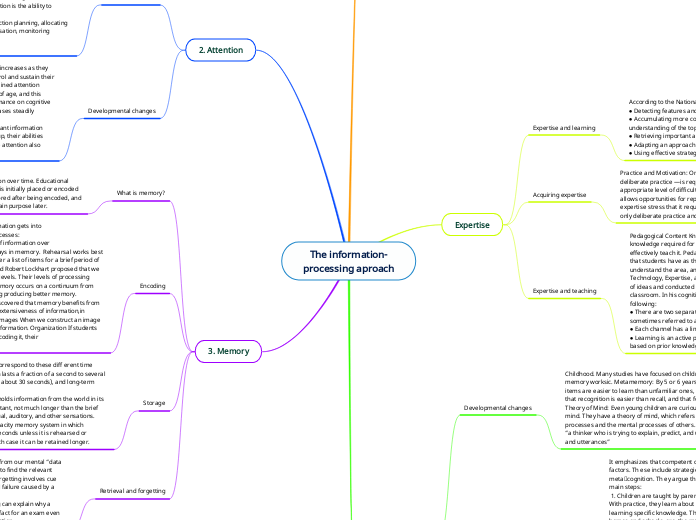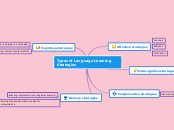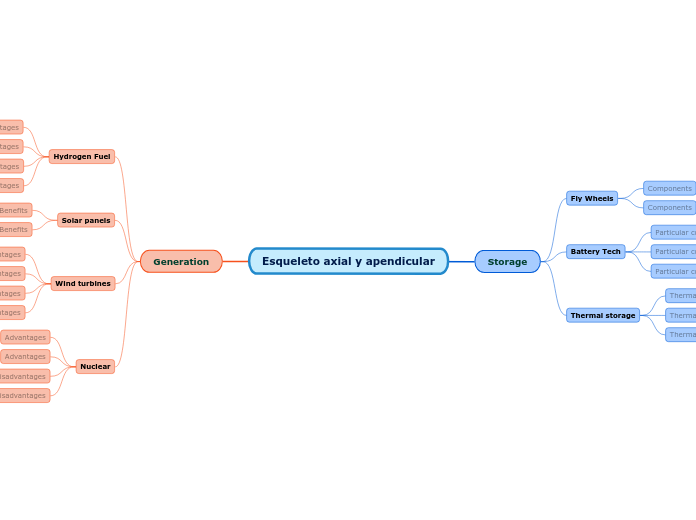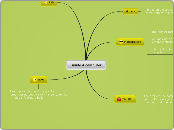door VALERI MORALES HERNÁNDEZ 3 jaren geleden
254
The information-processing aproach
Memory involves the retention of information over time and is a focus of educational psychology. Psychologists explore how information is encoded, stored, and retrieved. There are three types of memory:









